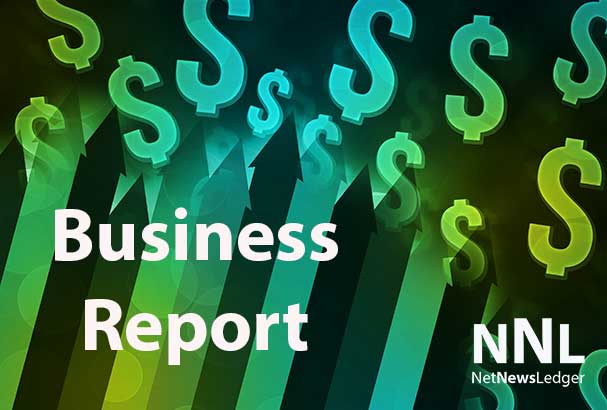TORONTO – Online trading is a popular way to make extra money. It’s accessible to all, requires a relatively small initial investment, and can be done from the comfort of your own home. It can be done part time or full time, but either way, you can make a good living off it.
Traders are divided on whether CFD online trading or Forex trading is the way to go. CFD trading (contracts for difference) is essentially different to Forex trading, while sharing many similarities. Forex brokers generally offer CFD trading in addition to Forex trading.
But what is the difference between the two?
What are CFDS?
Firstly, let’s quickly discuss what exactly CFDs are. According to Investopedia, “a CFD is a tradable instrument that mirrors the movements of the asset underlying it”. In other words, when you trade CFDs you are essentially trading an asset, such as a stock or a commodity. However, you never actually own that asset. Rather, you are taking out a contract with the broker. The broker will then either pay you out or charge you for the difference between the starting price and the price at which you end the trade.
The similarities
The process is the same
CFDs are similar to Forex in that executing trades is basically the same process. You can enter and exit the market whether it’s rising or falling.
The same platform
Whether you are trading Forex or CFDs, you can use exactly the same platform. This is because they function in the same way, despite their differences which we will mention below.
You never own it
The most significant similarity is that, with both CFDs and Forex trading, you never actually own the asset. You don’t enter the trade with the intention of ever holding onto it for a particularly long period of time. You’re entering the trade with the intention of exiting as soon as the circumstances are most profitable. Thus, you’re only entering a contract with the broker, rather than actually buying the asset.
The differences
Diversity of markets
When trading Forex, you’re trading purely in the currency market. You are trading one currency against another. However, when it comes to CFDs, you can cover a diverse set of markets. These include indices, energy and metals. You can choose contracts that differ in increment value and currency type.
Factors that influence the markets
Forex traders know that macro factors influence the markets. Whether it’s global events, economics, politics, or even natural events, the Forex market will shift. CFDs, on the other hand, are influenced by much more specific factors, that relate to the asset in question. These include supply and demand of a commodity, or trends in business sectors.
Both are excellent choices
Whether you choose to trade Forex or CFDs, you’re making an excellent decision. It really depends on your personal interests and skill sets. And, once you have started trading one, it’s not too late to switch to the other, or to trade both Forex and CFDs.







